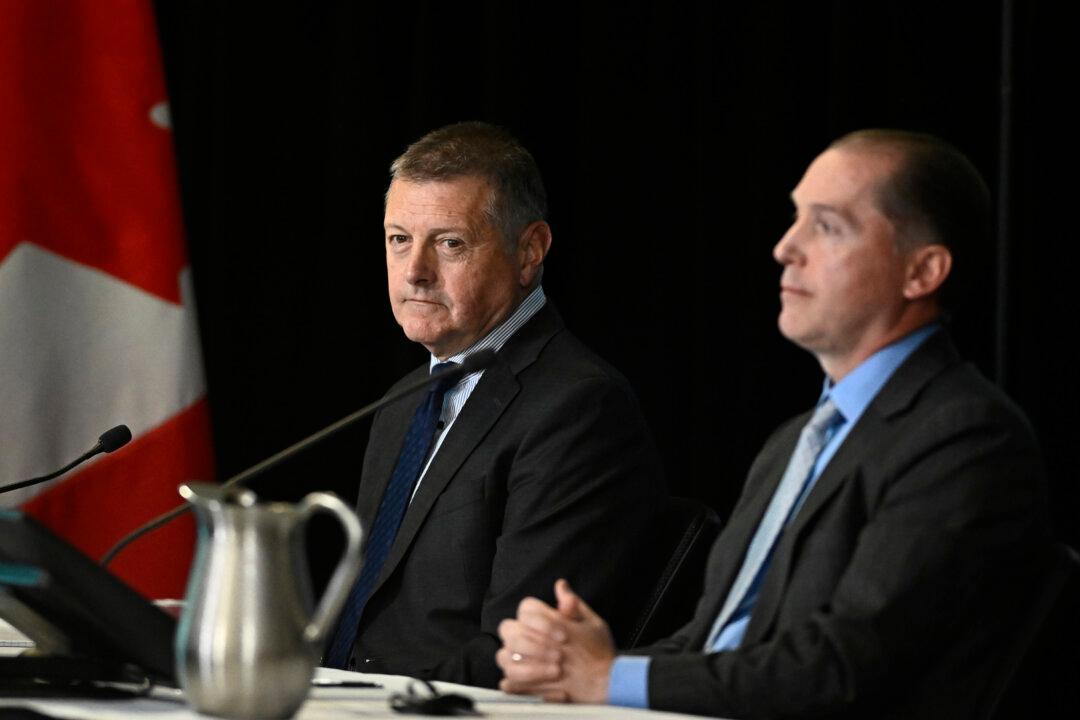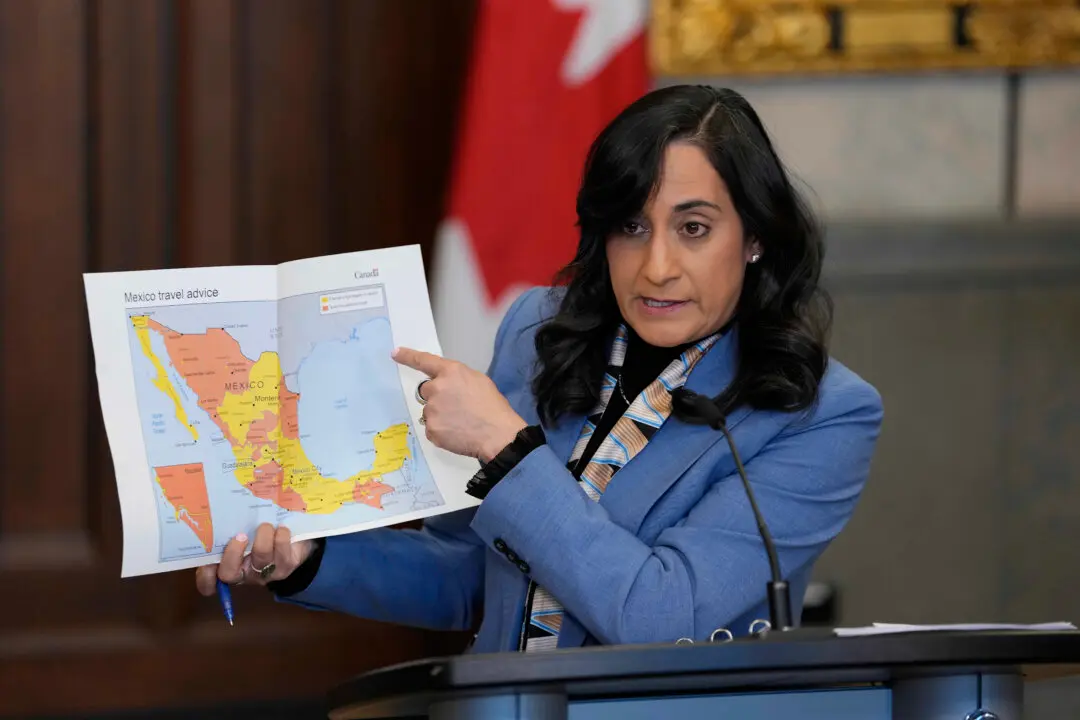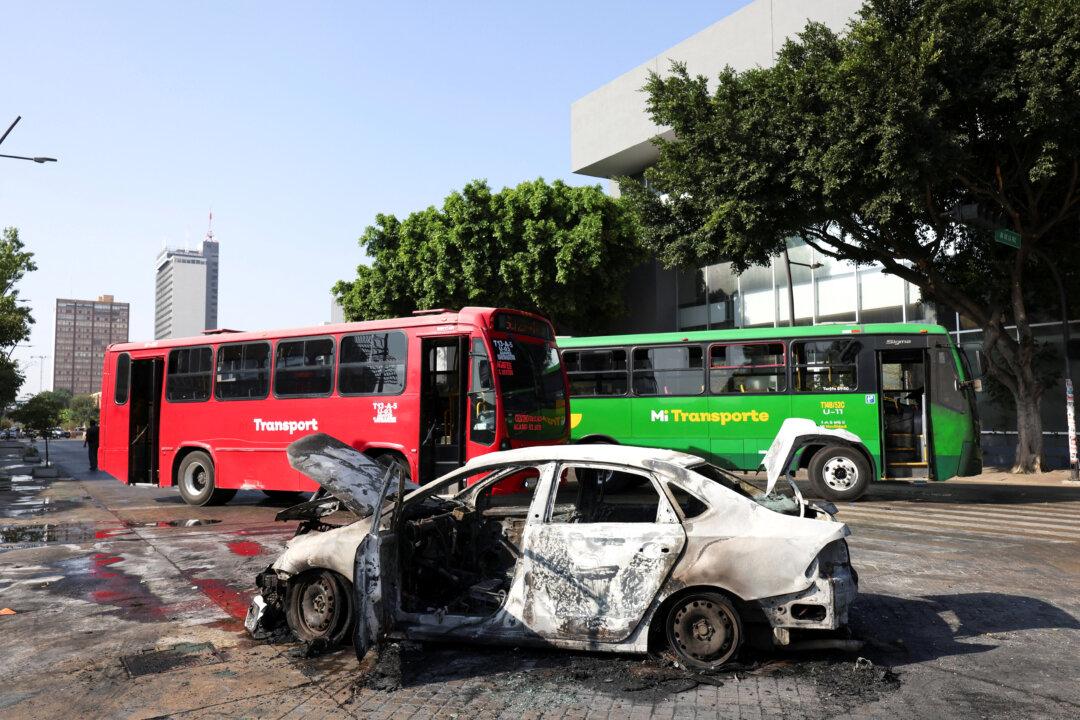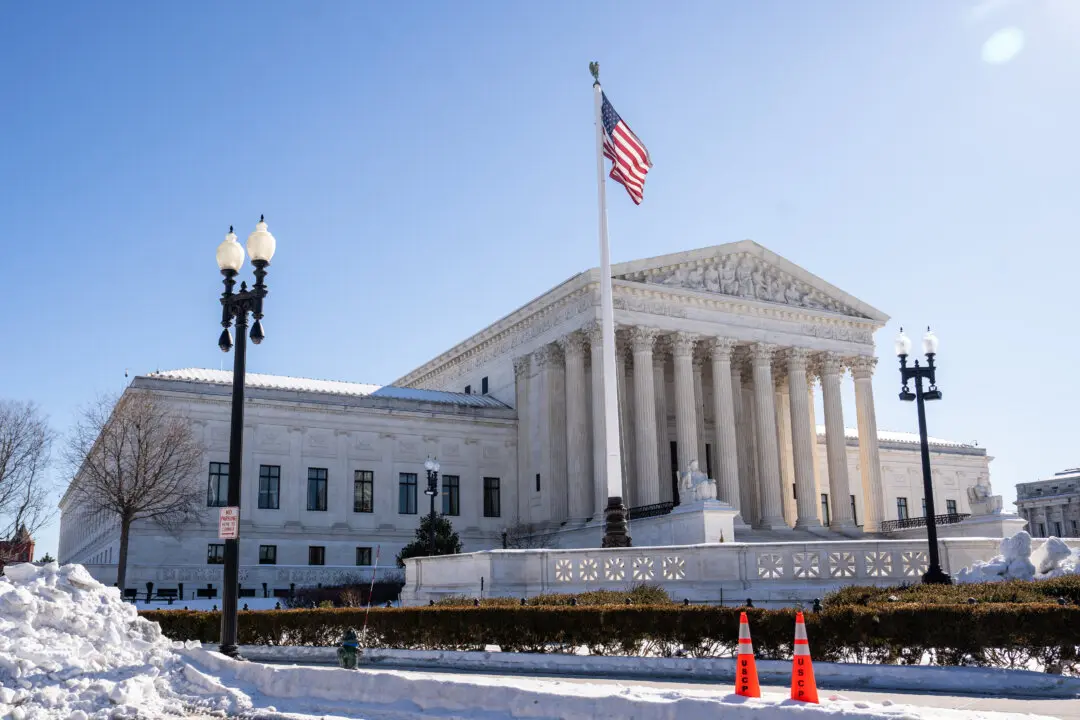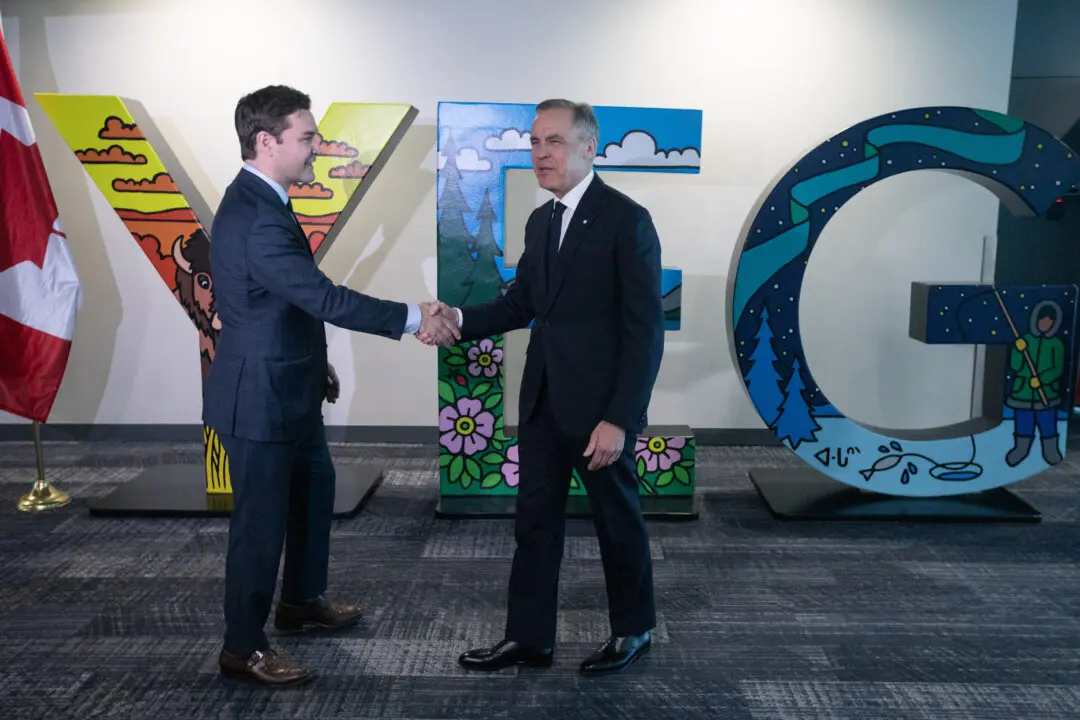The Canadian Security Intelligence Service (CSIS) had to make then-Public Safety Minister Bill Blair feel “comfortable” with a request for surveillance powers on an Ontario politician, a former top Public Safety official told the Foreign Interference Commission.
The commission has been probing why it took Blair 54 days to approve the 2021 warrant application against a subject whose identity was not revealed during proceedings.
